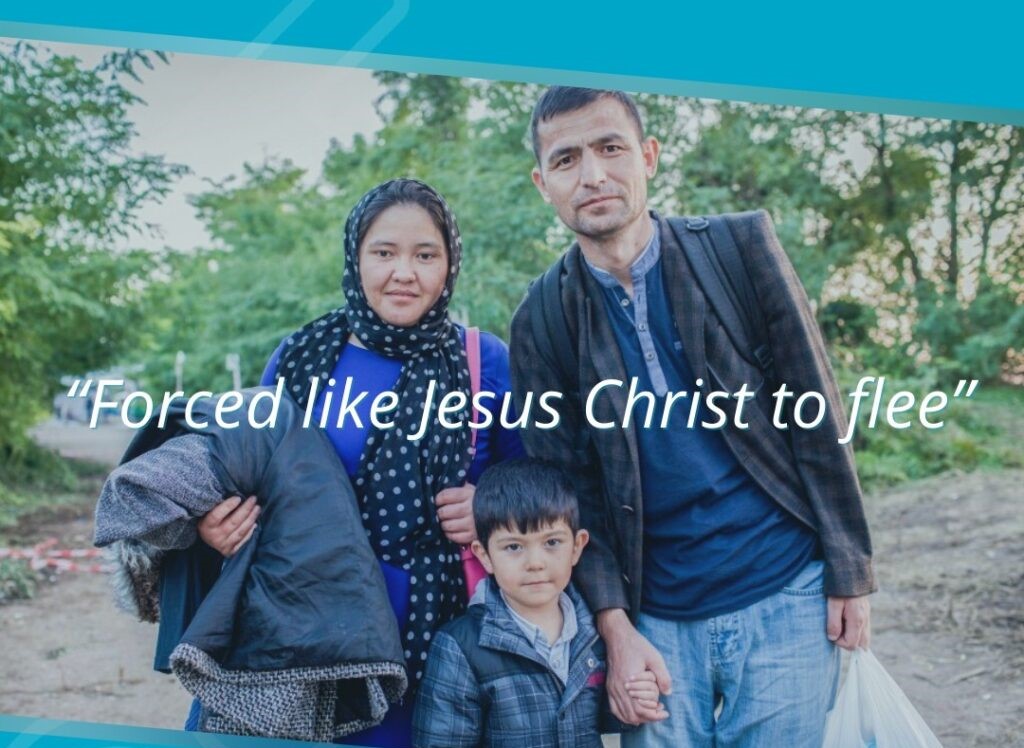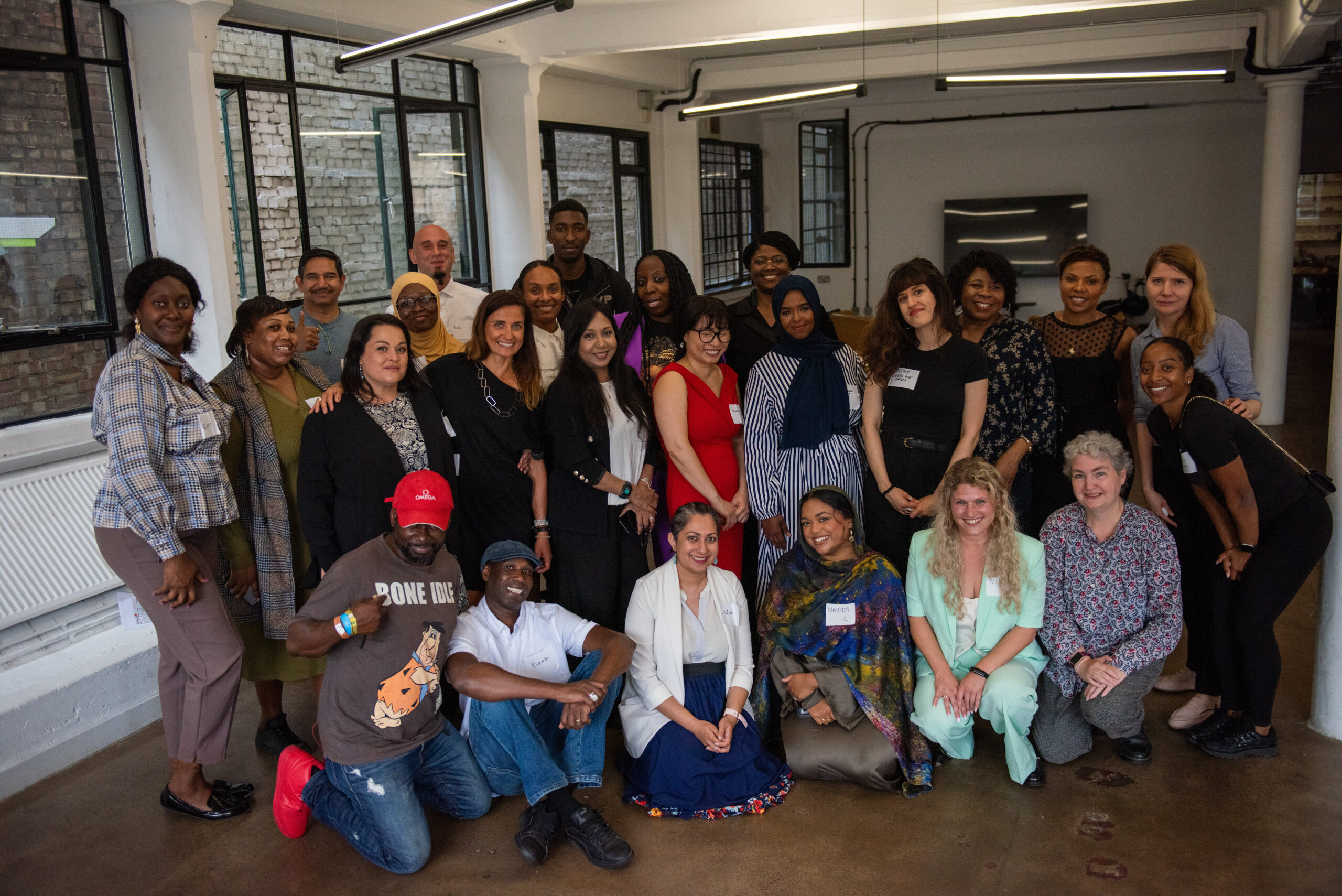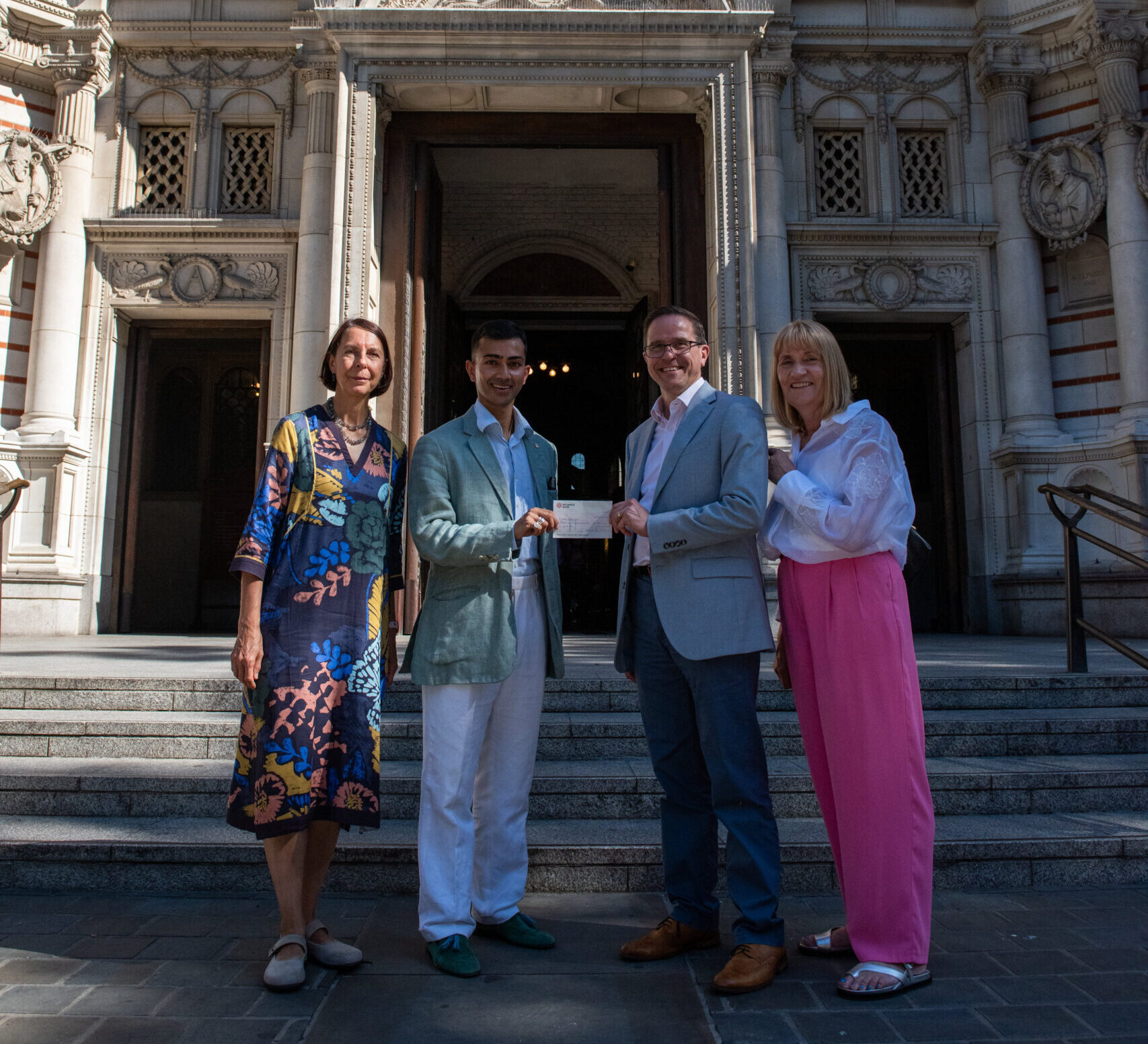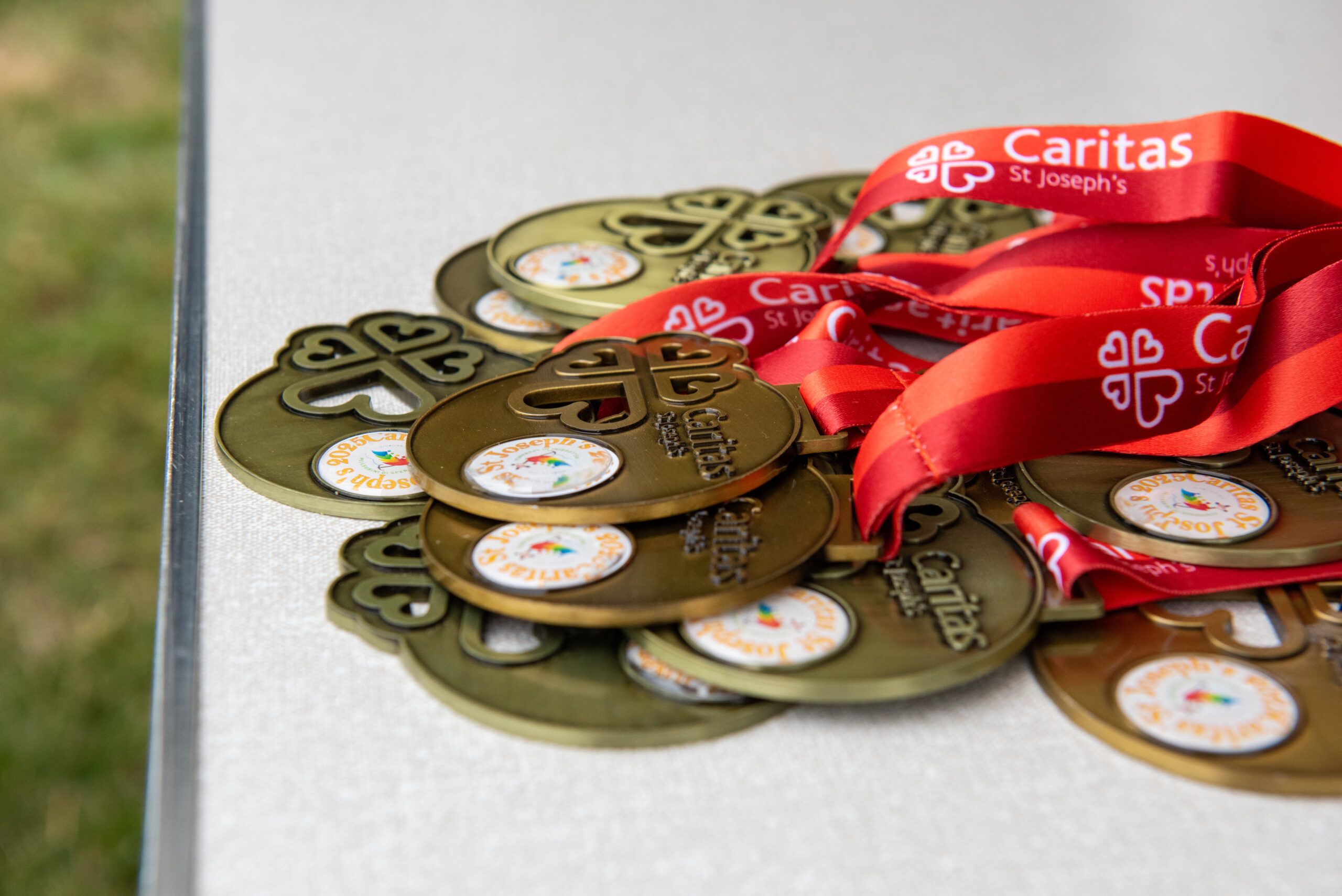
On the occasion of 106th Day of Migrants and Refugees, Rosa Lewis, Caritas Westminster Development worker for North London, reflects on the Pope’s message and urges action for the most vulnerable in our society
On the eve of the feast of Saint Francis – Saturday 3rd October, the Holy Father will sign his new encyclical ‘Fratelli tutti’ – or ‘Brothers and sisters, all’ – at the Tomb of St Francis in Assisi. Amidst the Coronavirus pandemic, this Day of Migrants and Refugees gives us a chance to pause and reflect upon what it means to truly be brothers and sisters in Christ: to not turn away, but to recognize the profound dignity of each person.
The subtitle of the Holy Father’s message for this World Day of Migrants and Refugees is; ‘Like Jesus Christ, forced to flee. Welcoming, protecting, promoting and integrating internally displaced persons.’ Here we are reminded that Christ himself was a refugee, when the holy family fled after Herod’s order that all boys under the age of 2 be killed.

Today – as ever – people are displaced for manifold reasons. Whether that be conflict; ecological degradation; political unrest; religious persecution; natural disasters; violation of human rights; and so on. This year, the Holy Father’s message is specially dedicated to the experience of those who are internally displaced – that is, people who are displaced in their own country and have not crossed a border to seek safety. The UNHCR says that internally displaced people are some of the most vulnerable in the world.

The Holy Father’s message, although dedicated to internally displaced people, also embraces ‘all those who are experiencing situations of precariousness, abandonment, marginalization and rejection as a result of COVID-19.’ In this way, the message reaches out to all people as we face an uncertain future together. Tacitly, we are reminded of our shared humanity and are called to act.
Whilst, ostensibly, we do not experience internal displacement as such in Britain, the needs of migrants, refugees and asylum seekers are still very much present. 
These needs have been exacerbated by Covid-19, with services having to close or go remote. Many people in already precarious situations – for example, those with No Recourse to Public Funds or leave to remain – have become homeless or destitute during this time. People escaping desperate situations in their home countries are faced with yet more adversity when they reach Britain.
The call to ‘welcome, protect, promote and integrate’ is a reiteration of Pope Francis’ message for this day two years ago. In his latest message, Pope Francis adds six pairs of verbs which he says ‘deal with very practical actions and are linked together in a relationship of cause and effect’. They are: 
- to know in order to understand;
- to be close in order to serve;
- to listen in order to be reconciled;
- to share in order to grow;
- to involve in order to promote;
- to cooperate in order to build.
These verbs give us a key to turn apathy into empathy, and empathy into action. We can use them to reflect upon the ways that we should show solidarity with migrants and refugees. The Holy Father says:

‘In the faces of the hungry, the thirsty, the naked, the sick, strangers and prisoners, we are called to see the face of Christ who pleads with us to help (cf. Mt 25:31-46). If we can recognize him in those faces, we will be the ones to thank him for having been able to meet, love and serve him in them.’
Resources for the World Day of Migrants and Refugees can be found here.




